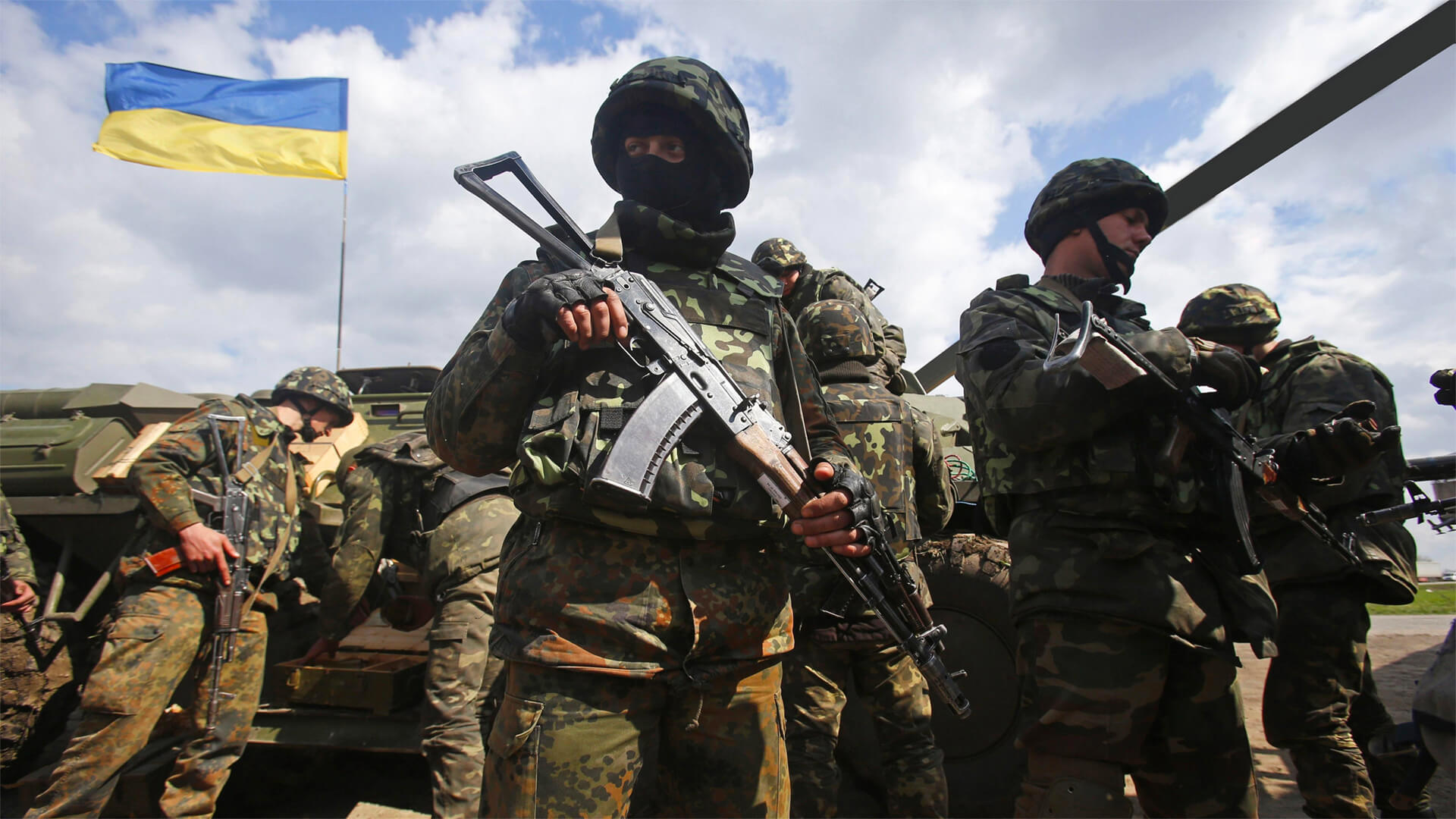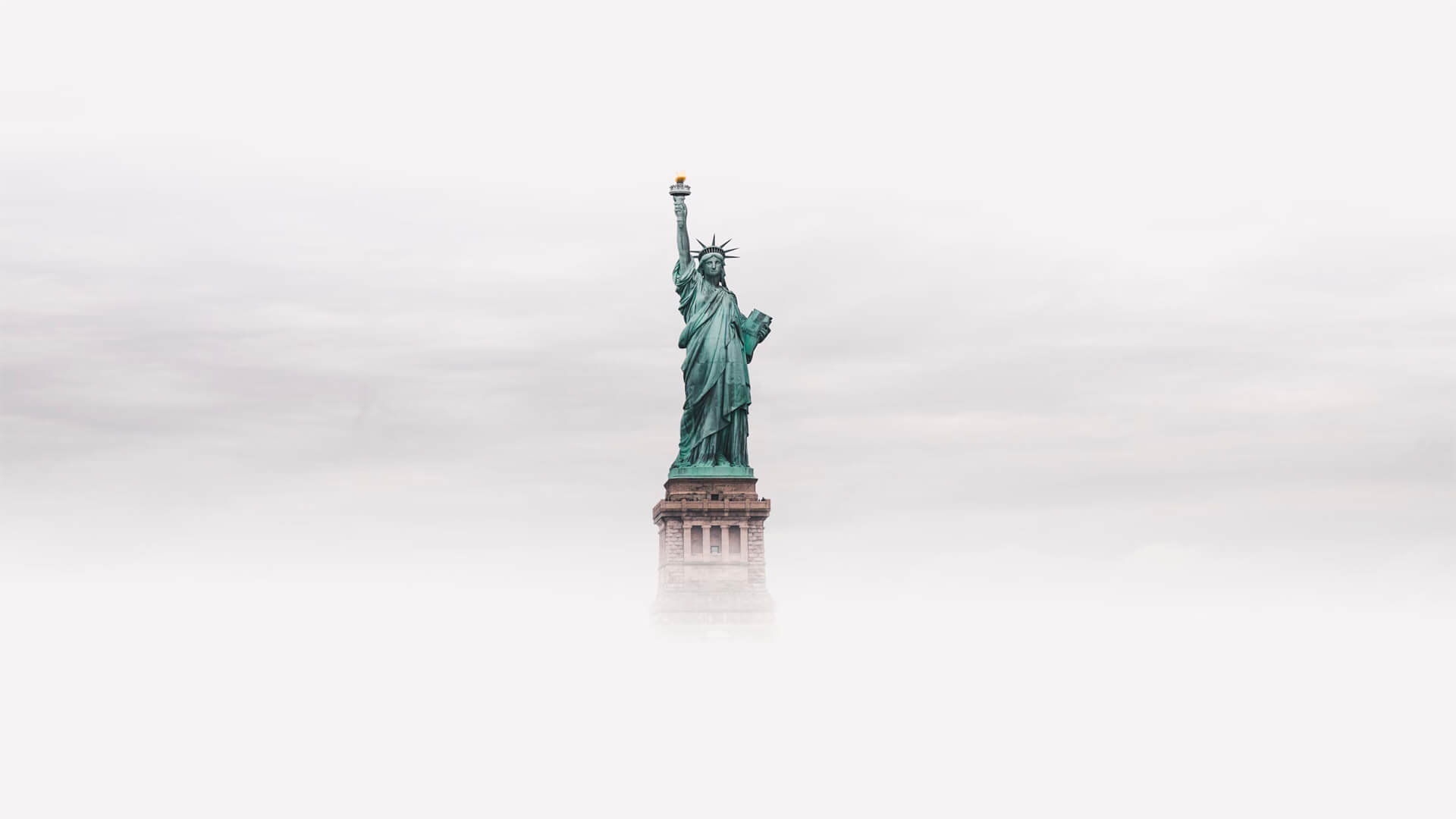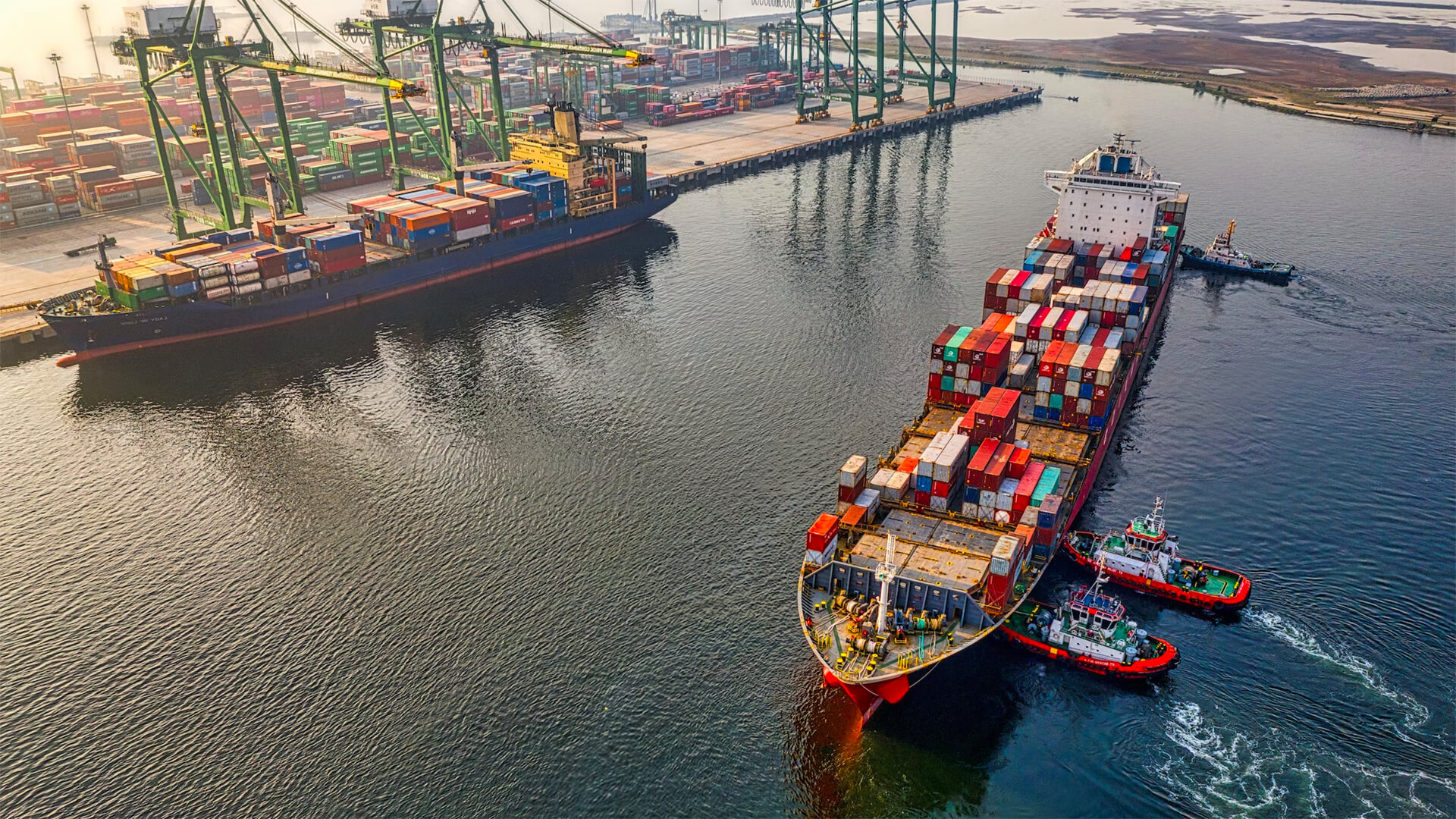Want to know when the war in Ukraine will end and who will emerge victorious? Unfortunately, I don’t have my magic 8-ball on me, but I can give you a timeline on when we should all be able to answer those questions – May.
Before we get there, let’s not forget about the path ahead. Both sides will come face-to-face with Mother Nature in all her glory – meaning mud, rain, snow, cold…all of it. The Ukrainians will have time to fix up those shiny new toys they captured. The Russians will push more and more troops to the front lines.
As all of those pressures compound over the next 5+ months, both sides will be ready to duke it out come May.
Here at Zeihan On Geopolitics we select a single charity to sponsor. We have two criteria:
First, we look across the world and use our skill sets to identify where the needs are most acute. Second, we look for an institution with preexisting networks for both materials gathering and aid distribution. That way we know every cent of our donation is not simply going directly to where help is needed most, but our donations serve as a force multiplier for a system already in existence. Then we give what we can.
Today, our chosen charity is a group called Medshare, which provides emergency medical services to communities in need, with a very heavy emphasis on locations facing acute crises. Medshare operates right in the thick of it. Until future notice, every cent we earn from every book we sell in every format through every retailer is going to Medshare’s Ukraine fund.
And then there’s you.
Our newsletters and videologues are not only free, they will always be free. We also will never share your contact information with anyone. All we ask is that if you find one of our releases in any way useful, that you make a donation to Medshare. Over one third of Ukraine’s pre-war population has either been forced from their homes, kidnapped and shipped to Russia, or is trying to survive in occupied lands. This is our way to help who we can. Please, join us.











